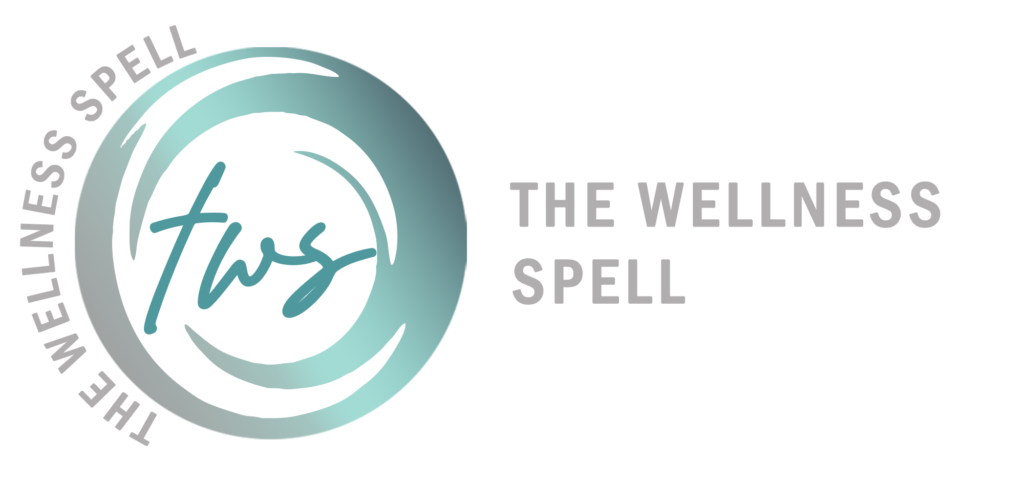You know that feeling when you reach for your phone before your feet even hit the floor when you wake up? When you’re checking emails while brushing your teeth, scrolling through notifications during your lunch break, and falling asleep to the blue glow of yet another “urgent” message?
Welcome to the club.
You’re living in a world where being constantly available has become a badge of honour, where responding within minutes feels mandatory, and where your nervous system never actually gets a break.
Those productivity seminars you keep having to attend: your brain wasn’t designed for this madness.
Your Brain is on Digital Overload
Picture your brain like a computer with 47 browser tabs open, each one playing a different video, while someone keeps clicking “refresh” every few seconds. That’s essentially what’s happening every time you switch between your email, a dozen or more apps, phone calls, and that presentation you’re supposed to be finishing.
Scientists have a fancy term for this: “attention residue.”
But let’s call it what it really is – mental exhaustion. Every time you switch tasks, part of your brain stays stuck on the previous thing. It’s like trying to have a deep conversation while someone keeps tapping you on the shoulder.
The average person checks their phone 144 times a day. That’s once every 10 minutes during waking hours. No wonder you feel scattered.
“We’re not just distracted,” says neuroscientist Dr. Daniel Levitin. “We’re literally addicted to distraction. Our devices have hijacked the same reward pathways that respond to cocaine.”
Harsh? Maybe. True? Absolutely.
The Exhaustion Economy
Here’s what all this digital chaos is actually costing you:
You spend 3 hours and 15 minutes on your phone daily – that’s like working an extra part-time job, except instead of getting paid, you’re getting stressed.
It takes 23 minutes and 15 seconds to fully refocus after an interruption. So when you quickly “just check” that notification during your important project, you’re not losing 30 seconds – you’re losing half an hour of quality focus.
67% of people check their phones during meetings. Because nothing says “I’m fully present” like secretly scrolling under the conference table.
45% of workers report higher stress levels because they can’t disconnect from work. Your phone isn’t just connecting you to opportunities – it’s chaining you to anxiety.
The Always-On Trap
Let’s be honest about what’s really happening here. You’ve trained everyone – your boss, your clients, your team – to expect instant responses. You’ve created a monster, and now it’s eating your peace of mind for breakfast, lunch, and dinner.
That little notification sound? It’s not just alerting you to a message. It’s triggering a stress response that’s designed to help you escape from tigers, not respond to non-urgent emails about quarterly reports.
Every ping releases cortisol – your body’s alarm hormone. A little bit helps you perform. Too much, and you’re living in a constant state of fight-or-flight. Your body thinks you’re being chased by predators all day long.
No wonder you’re tired.
The Permission to Pause
A few successful people know what everyone else is missing: the most productive thing you can do is sometimes nothing at all.
The companies getting this right aren’t the ones with the fanciest apps or the most meetings. They’re the ones giving their people permission to think, breathe, and be human.
Take Volkswagen – they actually shut down email servers after hours. Not because they hate productivity, but because they understand that rested brains make better decisions than exhausted ones.
France has “right to disconnect” laws. Because they figured out that protecting people’s mental space isn’t just nice – it’s profitable.
Small Changes, Big Relief
You don’t need to throw your phone in a drawer and become a digital hermit. You just need to remember who’s in charge.
The Phone Parking Lot Put your phone somewhere you have to physically get up to reach it. That extra effort gives your brain time to ask: “Do I really need to check this right now, or am I just bored/anxious/addicted to the dopamine hit?”
The 3-2-1 Wind-Down No screens 3 hours before bed, no food 2 hours before bed, no work 1 hour before bed. Your brain needs time to shift gears. You wouldn’t slam on the brakes at 60mph and expect everything to be fine.
Batch Your Digital Life Instead of being on call 24/7, pick three times a day to check email and messages. Maybe 9 AM, 1 PM, and 4 PM. The world won’t end. In fact, you’ll probably make better decisions because you’re not constantly reacting.
The Magic of Airplane Mode
For just 10 minutes, three times a day, put your phone on airplane mode. Use that time to look out a window, take a few deep breaths, or just notice how you’re feeling. It’s like giving your nervous system a mini-vacation.
The Real ROI of Rest
Companies that help their people disconnect aren’t losing productivity – they’re gaining it. When you’re not constantly firefighting fake emergencies, you have mental space for the stuff that actually matters.
One HSBC executive told us: “I thought taking digital breaks would make me less responsive. Instead, it made me more thoughtful. My team started coming to me with better questions because they knew I’d give them my full attention.”
That’s the secret: when you’re fully present for the important stuff, the important stuff gets better.
Your New Superpower
In a world where everyone’s constantly distracted, your ability to focus becomes your competitive advantage. While everyone else is drowning in notifications, you’re the person who can actually think clearly, make good decisions, and go home with energy left for your real life.
The question isn’t whether you have time to disconnect. It’s whether you have time to stay burned out, scattered, and exhausted.



